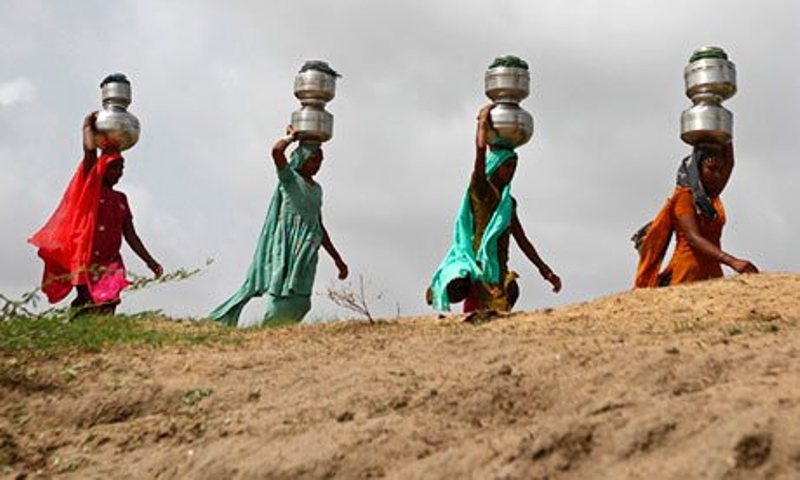Though Rajasthan has been known as a state which is depraved of ample amount of water scarcity problems and is facing a plethora of the increasing impact of climate change on rural communities, more knowledge about irrigation water management should be infused within the communities residing in villages. Representatives should take on leadership roles in water conservation within their communities, around the village areas to make sure that the understanding of the link between water issues and climate changes.


To understand and bring in effective ways to regulate these factors, climatic parameters should be measured regularly in all types of water resources and also projects should be launched to create a database for perfect and accurate analysis of the rise and fall in the groundwater level. Revisiting to the earlier proposed irrigation projects (irrespective of the size and location of the water body) should be induced further to get a clear stance as to where the aporias are located and to mend them accordingly.
Despite of the area of the state, a participatory irrigation management can prove to be helpful and would stay in firm form for longer duration of time. Maintenance of water distribution and recovery of water taxes shall be levied effectively across the area.
Training programs incur changes at the individual level relating to equitable distribution of water, creating awareness about conservation of water, thus minimizing wastage and depletion of ground water sources as well. Adoption of such on-farm efficient techniques helps in stating command in the commanded areas.


Centre for Social Research recognises the increasing impact of climate change on rural communities and the marginalisation of women from environmental management. Given the growing concern over water scarcity, Centre for Social Research with the support of Hanns Seidel Stiftung (HSS), initiated the project, Water Conservation and Climate Change Training of Trainers Program for Elected Women Representatives of Rural Rajasthan, in the year 2012. We recognize that women have natural leadership qualities and decision-making ability, and that women’s leadership is necessary to achieve social change and progress. We believe that with support and capacity-building, women will become strong and effective leaders in water management and will support their communities to better adapt to climate change.





